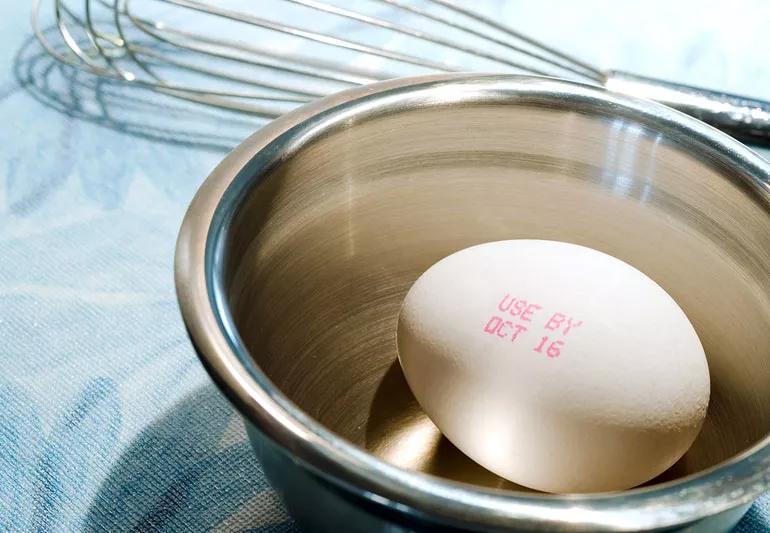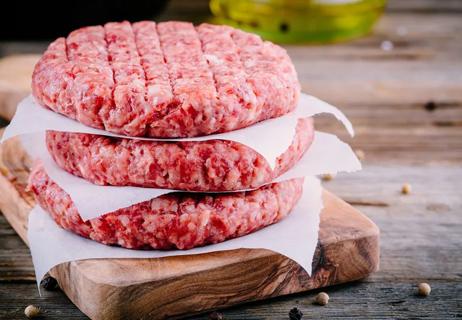How long is it really safe to keep foods?

The label on the eggs in your fridge says “best by” yesterday’s date. Is it safe to make one last omelet? You hate to waste the eggs, but you also don’t want to get sick.
Advertisement
Cleveland Clinic is a non-profit academic medical center. Advertising on our site helps support our mission. We do not endorse non-Cleveland Clinic products or services. Policy
Registered dietitian Anna Kippen, MS, RDN, LD, offers up some food safety guidance for all your food groups.
You’ll see dates on many perishable foods such as meat, poultry, eggs and dairy products. But you might be surprised to learn that they aren’t usually about food safety.
According to the USDA’s Food Safety and Inspection Service, manufacturers put “best by” or “best if used by” dates on their products to let retail stores and consumers know how long their products are expected to maintain their best taste and texture.
These dates aren’t required by federal law (though some states require them) and don’t necessarily indicate a product’s safety (with the exception of baby formula). In fact, perishable products are usually safe to consume beyond their “best by” date if they’ve been handled and stored properly.
But there’s no hard and fast rule here — it’s ultimately up to you to decide whether it’s a good idea to go ahead and make that omelet du jour, or to toss the eggs and opt for a bowl of oatmeal instead.
Check your food for these surefire signs of spoilage:
These items should be safe in the fridge or pantry for the following amount of time:
Advertisement
If you aren’t going to be able to eat something in your fridge before it goes bad, consider tossing it in the freezer. You can safely freeze almost any food at or below 0 degrees Fahrenheit, with the exception of canned food and eggs in their shell, and it will not significantly reduce the amount of nutrients in that food.
“Freezing food can be a wonderful way to extend shelf life and keep quick, easy, healthy options on hand,” Kippen says.
To preserve the food’s quality as much as possible, wrap it in heavy-duty aluminum foil or airtight freezer bags. If your food becomes freezer burned, that doesn’t mean it’s unsafe to eat. Simply cut the freezer-burned portions away before you cook the food.
For the best quality, recommended freezer shelf life is:
Advertisement

Sign up for our Health Essentials emails for expert guidance on nutrition, fitness, sleep, skin care and more.
Learn more about our editorial process.
Advertisement

Leftovers can be kept in the fridge for three to four days or frozen for three to four months

Ultimately, rice is safe to eat, but the type, where it’s grown and how you cook it may be factors to consider

Washing your hands, thoroughly cleaning kitchen tools and preparing meat separately can reduce the risk of foodborne illness

Extended outages lasting more than four hours can make food in your fridge unsafe to eat

Make your home a no-fly zone by cleaning your drains, refrigerating your produce and DIYing a fruit fly trap

Microwaves use non-ionizing radiation and haven’t been shown to cause cancer — follow food safety practices and use microwave-safe containers

Once perishable food hits the table, it’s typically good for about two hours

Color, texture, smell and expiration date all hold important clues

Even small moments of time outdoors can help reduce stress, boost mood and restore a sense of calm

A correct prescription helps your eyes see clearly — but as natural changes occur, you may need stronger or different eyeglasses

Both are medical emergencies, but they are very distinct events with different causes